(MacaoSAR 25) Xinhua Headlines: Why is richer-than-ever Macao still ambitious for more?
Source: Xinhua
Editor: huaxia
2024-12-19 22:15:32
by Xinhua writer Zheng Xin
MACAO, Dec. 19 (Xinhua) -- Let's play a quick game. Picture Macao. What comes to mind? Neon nights pulsing with energy? Check. The grandeur of a lotus-shaped hotel piercing the skyline? Check. And, of course, the glittering casino floors -- chips clinking and fortunes made or lost in a heartbeat.
For decades, Macao has been synonymous with opulence. It is labeled the world's "gambling capital" (yes, it is not Las Vegas) and boasts one of the world's highest densities of Michelin-starred restaurants.
Since its peaceful transition from Portuguese rule to a special administrative region (SAR) of China on Dec. 20, 1999, Macao's rich blend of East-meets-West culture and heritage has remained remarkably intact. The title of a top YouTuber's travel vlog might easily read, "You won't believe this is China."
And yet, for all the glitz, wealth and acclaim, Macao is uneasy. Restless. Sure, it is Asia's richest city and a crown jewel of China's "one country, two systems" policy. But beneath the surface lies a quiet urgency. As the Macao SAR approaches its 25th anniversary, its leaders and residents are facing a fundamental question: in a city that seems to have it all, what is next?
HEART WILL GO ON
In the 1980s, late Chinese leader Deng Xiaoping elaborated on the concept of "one country, two systems." The idea ensured that the unique characteristics of Hong Kong, which is now linked with Macao by the longest bridge-cum-tunnel sea crossing in the world, would be preserved after its 1997 transition from British colonial rule to an SAR of China. This concept was often encapsulated by the phrase: horse racing, ballroom dancing and stock trading will go on as usual. This expression illustrates the vision that Hong Kong's capitalist system, local lifestyle and legal framework would continue unchanged, maintaining Hong Kong's status as a free port and an international hub for trade and finance.
A helpful way to understand "one country, two systems" is through the concept of "live, let live and thrive being cohesive," as Hong Kong and Macao can maintain their own characteristics while contributing to and benefiting from the broader development of a unified nation. For the first time, a remarkable new chemistry between two seemingly contradictory systems has been created, possibly named "Sinergy" -- a portmanteau of "Sino" and "synergy."
This vision extended beyond rhetoric. Hong Kong's century-old horse racing culture has come to symbolize continuity, while its globally interconnected financial industry remains one of the world's best. The city's entertainment landscape continues to reflect its lifestyle traditions.
The same principle was applied to Macao, which retains its distinct social and economic systems under this shared framework. Macao's gaming industry serves as an example of this arrangement in practice, as casino gambling is banned throughout the Chinese mainland. The industry, which had previously been a monopoly, was liberalized in 2002, opening the market to more operators. By 2006, Macao's gaming revenue had surpassed that of Las Vegas, solidifying its position as the world's largest gaming hub. This growth underscores the unique resilience of its economic system under the "two systems" model.
The "one country, two systems" policy grants Macao significant autonomy. This includes executive, legislative and independent judicial powers, as well as final adjudication authority. While foreign affairs remain under the jurisdiction of the central government in Beijing, the SAR's Basic Law allows Macao to manage certain external matters autonomously.
For example, Macao can negotiate and sign agreements with other countries, regions and relevant international organizations on topics such as trade, economic cooperation, finance, shipping, communications, tourism, culture, science and technology and sports, under the name "Macao, China."
Central to this framework is the principle of "one country." Observers note that Macao has demonstrated a strong sense of national identity, with patriotism evident even before the handover. Entrepreneurs from Macao have also played roles in fostering economic ties, contributing to China's reform and opening-up by introducing technology and management expertise to the mainland.
Since its return to China, Macao's judicial system has undergone reforms to improve accessibility and representation, aligning with the principle of "the people of Macao administering Macao." Changes have included an increase in local representation within the judiciary, the use of Chinese as a primary courtroom language, and separate handling of civil and criminal cases to enhance efficiency.
Over 400 laws have been enacted or amended in the SAR since 1999, including the adoption of a national security law in 2009, which has been highlighted as part of efforts to align governance with the "one country, two systems" policy.
"There are debates during legislative discussions, but when it comes to laws concerning national security, there is a clear consensus among lawmakers that what benefits the country benefits Macao," said Kou Hoi In, Macao's top legislator.
The experiences of Macao and Hong Kong have highlighted the interconnectedness of the "one country" and "two systems" elements. Without the "one country" component, the "two systems" arrangement would face challenges in sustaining itself. Observers have pointed to Macao's emphasis on national pride and local stability as key contributors to its relatively harmonious development. Meanwhile, the social unrest in Hong Kong in 2019 has been cited as a moment that underscored the importance of fulfilling constitutional requirements, such as safeguarding national security, to maintain stability.
The relationship between the "one country" and "two systems" principles has been described metaphorically as akin to the heart circulating blood to sustain life. Proponents of this view suggest that the "one country" principle is essential to maintaining the vitality and effectiveness of the "two systems," allowing them to function in tandem.
PLACE THE SAFE BET
The continuity ensured for Macao has not led to stagnation. Instead, it has provided a foundation for notable progress. Many of the challenges Macao faced prior to its return in 1999, including those stemming from its colonial history, have been systematically addressed over the years.
Before 1999, Macao faced serious socio-economic challenges, including years of negative growth, high unemployment rates, and deteriorating public safety. In 1999, Macao, then with a population of about 437,000, recorded 49 murders and 65 kidnappings in a year.
Since 2003, however, the city has maintained a record of zero or very low incidents of serious violent crime. Its public safety is now one of the best in the world.
Wong Sio Chak, secretary for security of the Macao SAR government, said strong support from the central government serves as a formidable safeguard and deterrent against illegal activities, while effective leadership by the Macao SAR chief executive ensures efficient crime-fighting measures.
Economically, from 1999 to 2024, Macao has witnessed its most prosperous era, marked by rapid development, an improved quality of life, and enhanced fulfillment and happiness for its residents.
-- Macao's economy has surged since its return to China. Its GDP per capita was ranked around 40th globally in 1999. Now Macao is the second-richest place in the world after Luxembourg, according to a Forbes magazine ranking of the world's richest countries and regions;
-- Tourism has expanded dramatically, from 6.6 million visitors in 1999 to 39.4 million in 2019. This number for the first seven months this year reached 19.74 million, rebounding to nearly 83 percent of the pre-COVID level during the January-July period in 2019;
-- The city now boasts an average life expectancy of 83.1 years, among the highest globally;
-- Its unemployment rate averaged below 2 percent since 2012, signaling nearly full employment.
Despite remarkable achievements, Macao's heavy reliance on a single industry was starkly exposed during the COVID-19 pandemic, leading to sharp economic fluctuations.
Recognizing this, and with strong support from the central government, Macao has been actively exploring moderate economic diversification.
The "1+4" strategy now guides Macao's growth, aiming for a balanced and resilient economy. The "1" focuses on enhancing tourism and leisure to make Macao a world-class destination, while the "4" targets the development of big health, modern finance, high technology, as well as cultural, sports, and trade-related industries.
This diversification has already shown promising results. As of 2023, non-gaming sectors had accounted for over 60 percent of Macao's GDP.
THE ONE BIG THING
As Macao marks a quarter-century of returning to the motherland, it faces a crucial question: What's next for a city that has already achieved considerable prosperity? For many visitors, Macao is often oversimplified as a mere entertainment capital, a "Las Vegas of the East."
However, Macao is far more than a backdrop for tourist spectacle. Its future is deeply intertwined with China's broader ambitions, including initiatives like the Guangdong-Hong Kong-Macao Greater Bay Area and the Belt and Road, positioning Macao as an integral part of China's unfolding global narrative.
Using Maslow's hierarchy of needs as an analogy, Macao has largely fulfilled its physiological, safety, love/belonging, and esteem needs. Now, it is striving for self-actualization by aligning with the nation's development strategies to realize its full potential. Imagine Macao as a local influencer who has become deeply connected to a network with over a billion followers.
With support from the central government, Macao now maintains trade ties with more than 120 countries and regions and is a member of over 190 international organizations. Holders of a Macao SAR passport are granted visa-free or visa-on-arrival access to 147 countries and territories, while Macao's status as a separate customs territory and free port remains unchanged. Macao's low-tax regime ranks among the world's most competitive, and the World Trade Organization recognizes it as one of the most open economies for trade and investment.
Macao, uniquely having both Chinese and Portuguese as official languages and sharing linguistic and legal similarities with Portuguese-speaking countries, is naturally positioned as a service platform for trade cooperation between China and the Portuguese-speaking world of nearly 300 million people.
The city hosts the Forum for Economic and Trade Cooperation between China and Portuguese-speaking Countries, also known as Forum Macao, China's only multilateral platform leveraging linguistic ties. Since its establishment, trade between China and these nations has grown by about 20-fold.
In 2021, the Macao SAR government formed a committee to deepen integration into national development, with eyes on initiatives like the Belt and Road and the Greater Bay Area plan. That same year, the Guangdong-Macao In-Depth Cooperation Zone was launched on the neighboring Hengqin island, marking a milestone in regional collaboration.
The zone, which has expanded Macao's development space by over 100 square kilometers, now serves as a critical platform for over 6,500 Macao-funded enterprises, making it the most concentrated area for Macao-funded enterprises in the Chinese mainland.
As Carlos Cid Alvares, president of the Macao Delegation of the Portugal-China Chamber of Commerce and Industry, aptly pointed out, "Macao may be small, but the potential of the Greater Bay Area is huge."
"So I never talked about the 700,000 residents in Macao," he said. "I talk about 80 million people in the Greater Bay Area."
Macao is pursuing self-actualization by positioning itself as:
-- A global center for tourism and leisure, bridging East and West;
-- A golden platform of commercial and trade cooperation between China and Portuguese-speaking countries;
-- A generative base for exchange and cooperation under "one country, two systems," where Chinese culture predominates while diverse cultures harmoniously coexist.
The youth of Macao is dreaming bigger than ever before, with many choosing to move beyond stable traditional industries and embrace the challenges of innovation and entrepreneurship. As a reimagined land of potential, Macao serves as a dynamic bridge, linking its rich past with the promising future of the motherland while seamlessly navigating the vast sea of global prospects. ■

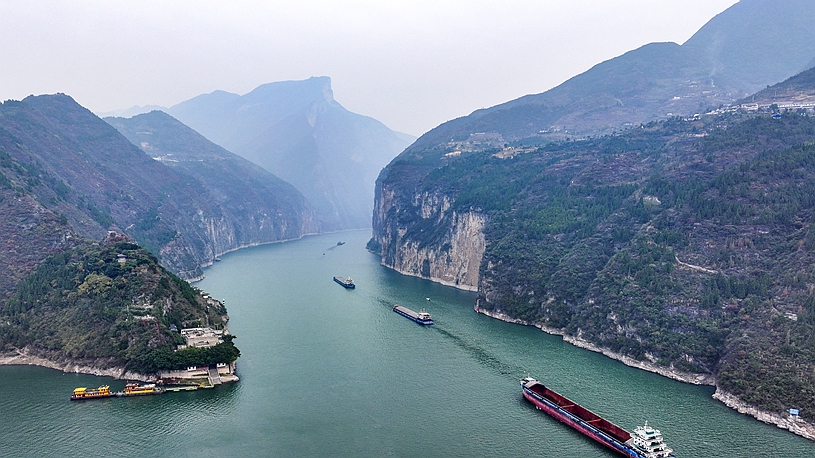
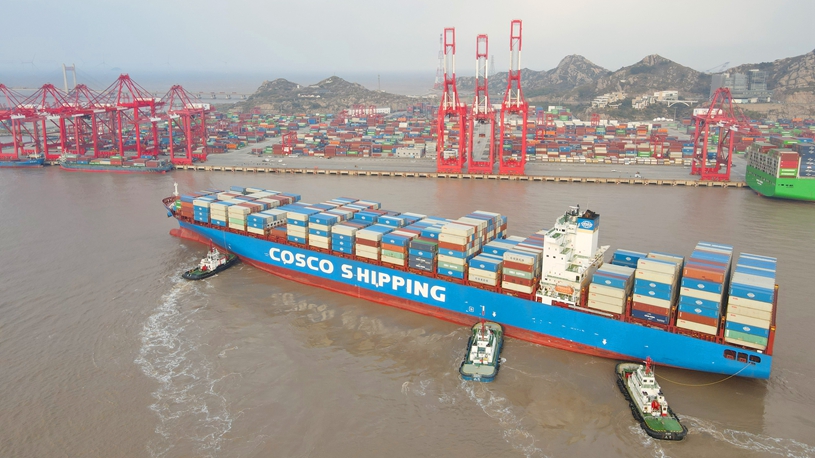
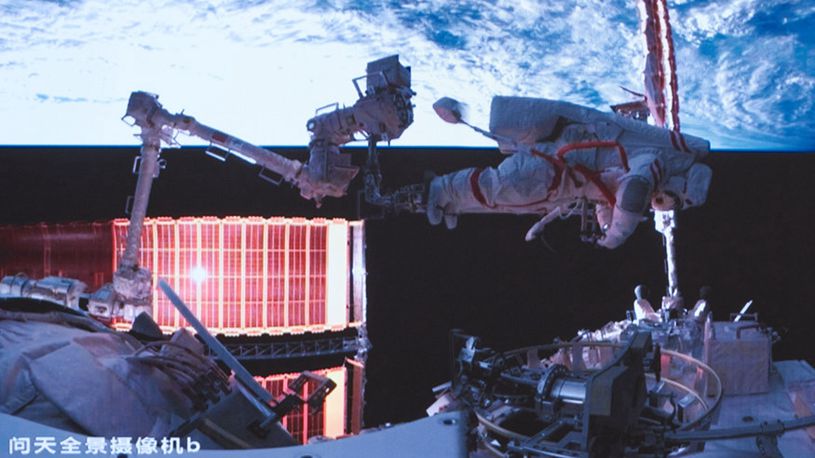
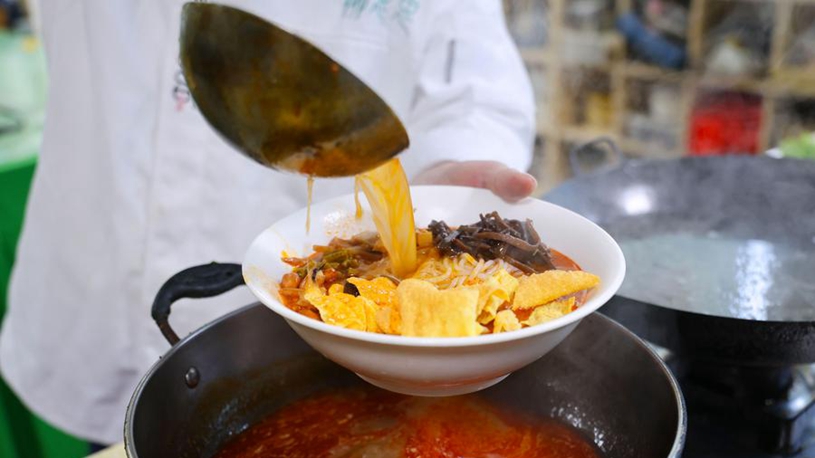
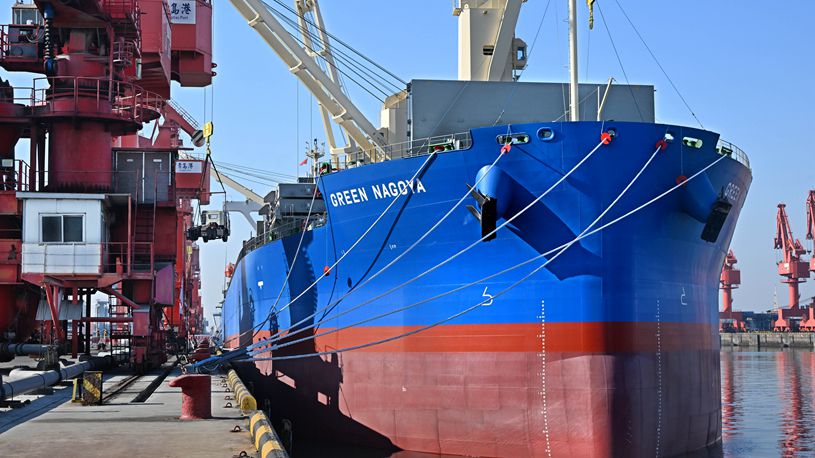
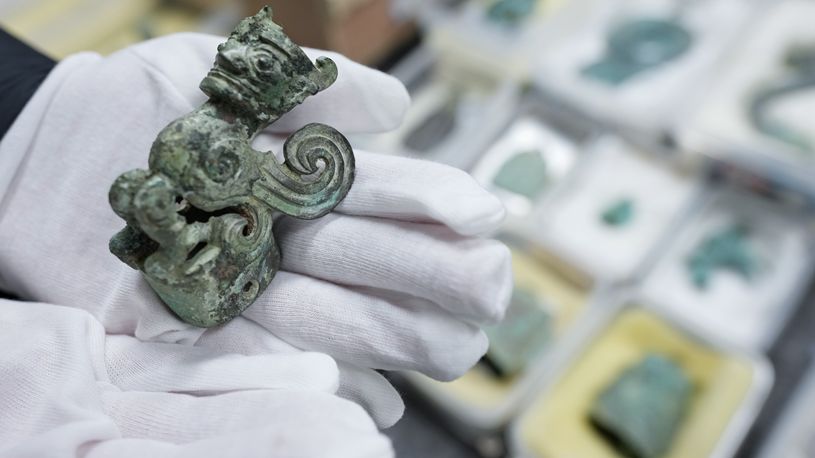
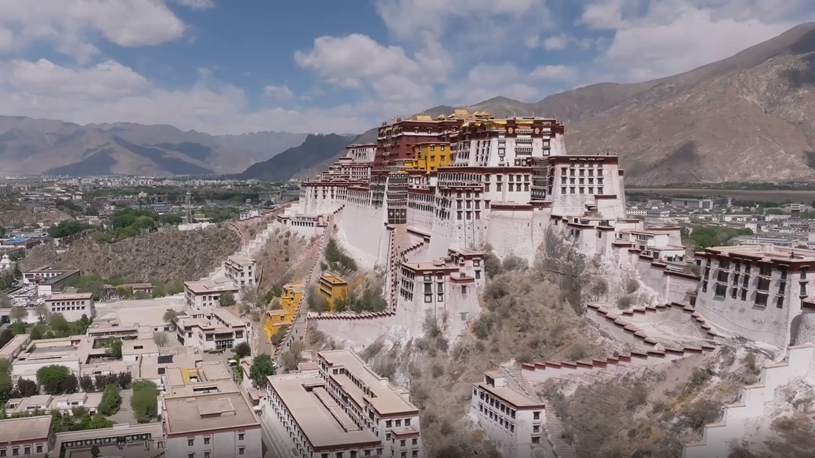
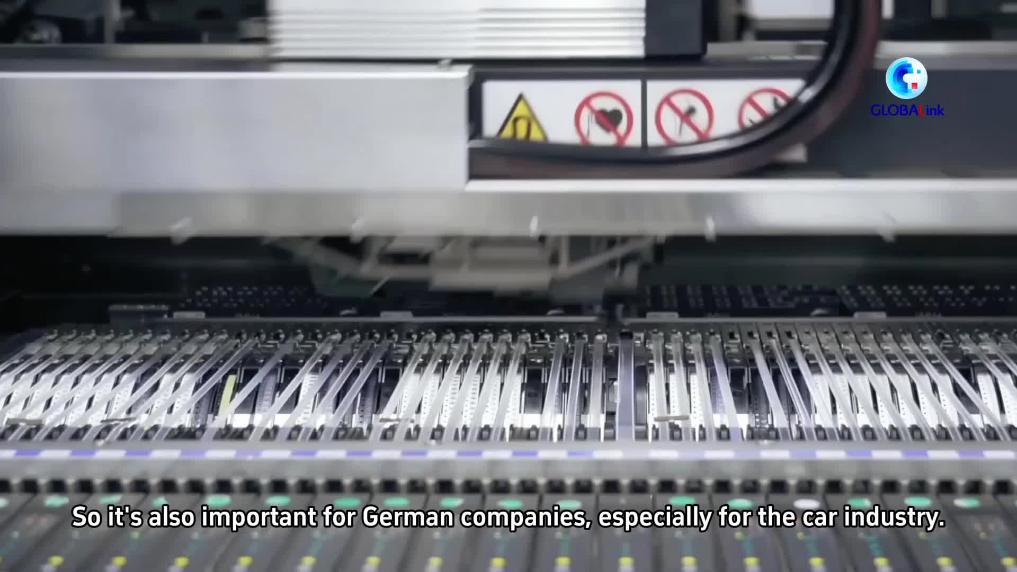




Comments